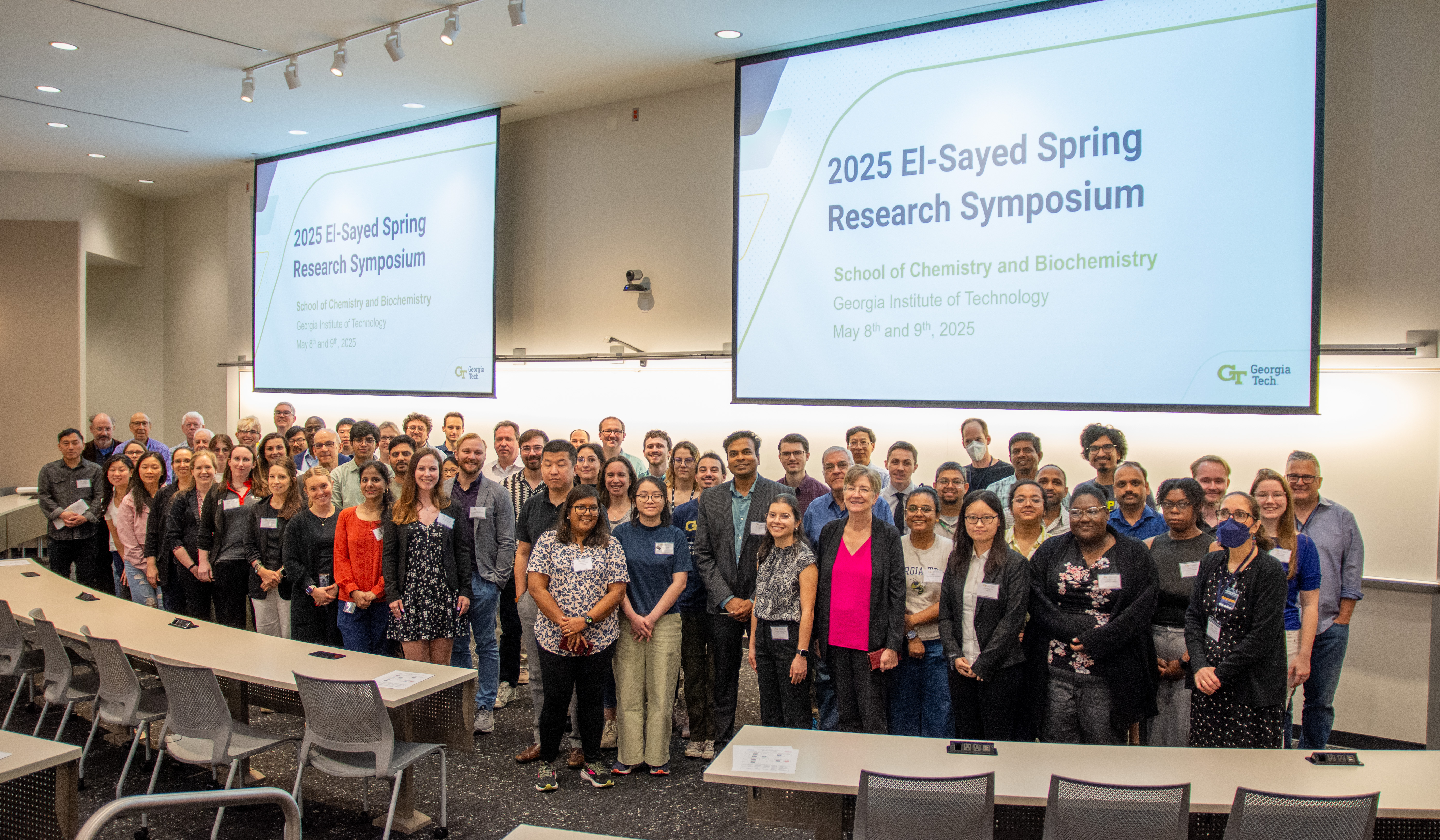
Attendees of the 2025 Spring Research Symposium. (Photo by Angus Wilkinson)
 | Under Pressure: Georgia Tech Researchers Discover a Potential New Way to Treat GlaucomaNewly discovered antibodies break down the protein that causes glaucoma. |
There are currently no scheduled events.
As part of The Conversation’s Curious Kids series, Dobromir Rahnev, associate professor in the School of Psychology, answered a question regarding the the possibility of uploading the consciousness of the mind into a computer: "As a brain scientist who studies perception, I fully expect mind uploading to one day be a reality. But as of today, we’re nowhere close". Read Rahnev's full response.
The ConversationA neuroimaging study examining episodic memory found that individuals exposed to music during memory recollection were more likely to incorporate emotions associated with the music into their memories. One day later, these memories exhibited a stronger emotional tone than the original recollections. The study was published in Cognitive, Affective, & Behavioral Neuroscience by a research team that included Ph.D. student Yiren Ren and Associate Professor Thackery Brown of the School of Psychology.
Psy PostChristopher E. Carr, assistant professor in the School of Earth and Atmospheric Sciences and the School of Aerospace Engineering, reacted to the identification of niallia tiangongensis, a new variant of a terrestrial bacteria that was discovered in the Tiangong space station.
"This finding shows that there is a lot of microbial diversity yet to be discovered, and that space stations are excellent laboratories for studying how our human-built environments select for survival or persistence of different organisms. If we understand that better, we can reduce the risks on Earth in the built environment, such as reducing infections acquired in hospitals, schools or nursing homes. Even though this microbe is not likely to be a threat, we should continue studying microbes in space to ensure we understand and address any risks, because when we are far from home, our options will be much more limited. This will help us be successful in exploring the Moon and Mars."
Newsweek